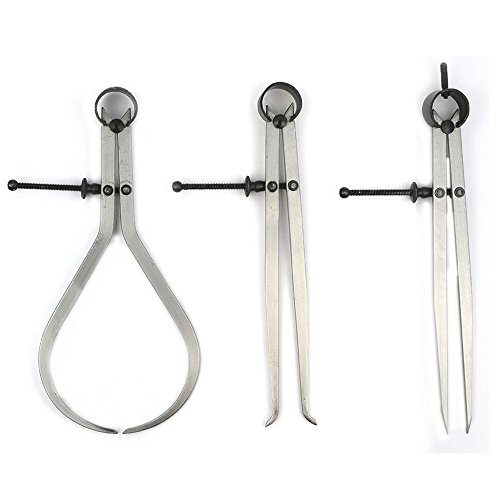Well, this is looking very promising.That looks super useful, keep us posted.
I fiddled around with setting the parameters, and that was super easy and relatively fast.
Default motor rotation direction is set with a parameter, but you can also toggle it with a single button from the controller.
Max speed is another parameter that is easy to set.
Anyway, I hooked it up and it works flawlessly so far.
But here is the really cool part. I jury rigged up a prony brake with a couple of hard wood dowels and a big thumb screw. I used a light duty spring scale (whose accuracy I verified) to hold the rotation as I screwed the thumbscrew to clamp the dowels tighter and tighter into the v-groove of the pulley. It took some diddling to get smooth at it.
I had set the max rpm to 1,000, so that I could press the speed control lever all the way and it would hold at 1,000 rpm. While I was getting the hang of starting it smoothly, I popped the wall recpt GFI a couple of times. I don't know if that was over current or something internal in the controller. But I was cautious to not abuse the motor or controller too much.
I only tested at 1,000 rpm because its getting late and I don't want to ruin anything.
These are the real numbers, although it might seem like I faked them. I plan on doing a little video about this.
Torque arm was 9.5". I ran it at 1,000 rpm and held the spring scale and and turned the motor off as soon as it felt like the rpm was just dropping off to stall. The tell-tale on the spring scale read about exactly 5 pounds (1/8 pound graduations).
9.5" x 5 lbs = 47.5 inch lbs = 3.96 ft lbs
3.96 ft lbs x 1,000 rpm / 5252 = .75 HP
The motor was advertised as 3/4 hp, and that is what it gave, but I have not checked current draw, but I bet it was on the edge. But then again, it is also advertised as 550 watts, which is .74 HP.
All in all, so far, I am super pleased at this purchase!!
Lloyd
P.S. pictures and video coming in a few days.


















![MeshMagic 3D Free 3D Modeling Software [Download]](https://m.media-amazon.com/images/I/B1U+p8ewjGS._SL500_.png)
![DreamPlan Home Design and Landscaping Software Free for Windows [PC Download]](https://m.media-amazon.com/images/I/51kvZH2dVLL._SL500_.jpg)










































